After more than 10 years in agency-land and time as an independent consultant, Martin Vinter is now head of UK Media Practice at Ebiquity, a marketing and media consultancy.
We caught up to ask him for his thoughts of leadership, media optimisation and more.
Please describe your job: What do you do?
Martin Vinter: I support and lead a team of 60 marketing and media consultants who work on over 250 client assignments and projects throughout the year. We partner with our clients across the marketing and media spectrum; from marketing strategy and transformation to agency partner selection and media investment evaluation and optimisation.
My job is to be the steward of our people, our clients and the overall media practice.
Whereabouts do you sit within the organisation?
Martin Vinter: I lead the UK Media practice, one of our four practices. I am based in our Moorgate office, one of 20 around the world. I work closely with the other UK practice leads to deliver integrated services to our clients, and also with our global practice leads, to develop Ebiquity’s services and solutions in line with our clients’ requirements and market developments.
What kind of skills do you need to be effective in your role?
Martin Vinter: My role sits at the intersection of general business leadership and marketing and media as a subject matter. Both topics span an array of more specific subjects that relate to leading and growing our people, our clients and of course the media practice and Ebiquity as a whole.
A solid understanding of the UK media market and the overall landscape and players are key. Being effective in my role is fundamentally based on subject matter knowledge and understanding of the market and its intricacies – often with input from our talented media practice consultants.
An ability to learn and build perspective is imperative. Making sense of subjectivity and creating clarity is a core focus of mine. In fact ‘creating clarity’ is an underlying principle in all of our work at Ebiquity.
Tell us about a typical working day…
Martin Vinter: A mix of meetings with members of the Media practice, broader UK teams, a global call or two and checking in with clients.
A typical day is very diverse and often goes from very specific product or process related topics to bigger business strategy questions. Whether the former or latter, my job is typically to help make informed decisions as to how to move things forward and make a positive impact, whether it is about employees, clients or the Ebiquity business.
Whether it is a meeting, conversation or phone call, I hold myself accountable to the action-focused notion that is best expressed as: “did I make things happen – did I positively drive things forward?”.
What do you love about your job? What sucks?
Martin Vinter: Nothing about my job sucks. However, throughout my career my motivation has always been helping employees, clients and the general business succeed. I am an impatient man at times, and “not getting there quick enough” is often a frustration of mine.
What kind of goals do you have? What are the most useful metrics and KPIs for measuring success?
Martin Vinter: My own goal as a person is to “do the right thing”. Whatever the situation you find yourself in as a leader, doing what is right is the most important skill. Being an arbiter of subjectivity and fairness, setting high standards is the main role of a leader and this is true of my role too. I firmly believe that setting your own goals and standards, as the steward of a team, is critical to your own, and everyone’s success. I use ‘steward’ consciously here.
I also, of course, have a long list of financial absolute and ratio numbers but let’s not dwell in the dryness of that subject.
What are your favourite tools to help you to get the job done?
Martin Vinter: In short: an action focused mind that only accepts the best from yourself and the people you work with.
Understanding how to be impactful is an undervalued skill in the work place. I keep it simple and don’t use any tools other than a conscious “impact filter” in how I communicate with colleagues and clients. That manifests itself in how and when I use e-mail vs. face-to-face, how I run a meeting, how I collaborate, how I make decisions and prioritise and so on. It’s the best ‘efficiency and impact’ hack out there for leaders – or stewards – of teams. Know how to apply yourself.
How did you end up at Ebiquity, and where might you go from here?
Martin Vinter: After a long media agency career spanning independents, Publicis, WPP and Dentsu, I decided the time was right to have a go at something different. I worked as an independent consultant after leaving agency-land before joining Ebiquity in April 2018. I work with brilliant people in a fast-paced industry that I love. I am not going anywhere. We work with most of the leading global and UK advertisers, with fantastic clients and, importantly, I feel like I am making a positive impact in a successful company.
What companies do you admire for their approach to media planning?
Martin Vinter: Media planning is a craft. As an industry, we seemed to lose sight of that with the rise of data and now AI. While data increasingly plays a key role, people should always be front and centre of media planning. I won’t go as far as to call out specific agencies – there are talented media planners in all agencies.
Also, the agencies that tell a “media neutral” narrative are the ones that will win. That means, as an industry, we need to ensure planning is done objectively with the advertisers’ interests – and media KPIs – front and centre. I’ve seen a lot of great work from several agencies recently and I am encouraged that the media planning, buying and trading disciplines are on a more positive path than they were two or three years ago.
Do you have any advice for marketers who don’t know where to start with media measurement?
Martin Vinter: Ensure you maximise the efficiency and effectiveness of your media investment, whether you plan and buy in-house or work with an agency. Work with a third party like Ebiquity and your agency to review your media investment regularly to ensure optimum and fair cost and quality of your media placements.
Additionally, ensure you understand the effectiveness of your marketing and sales investment from an outcomes perspective – typically sales. Here the start point is to undertake an audit of what data exists within the business – and identify where gaps exist. From there advertisers should set both measurement priorities and remedies against the data gaps.

